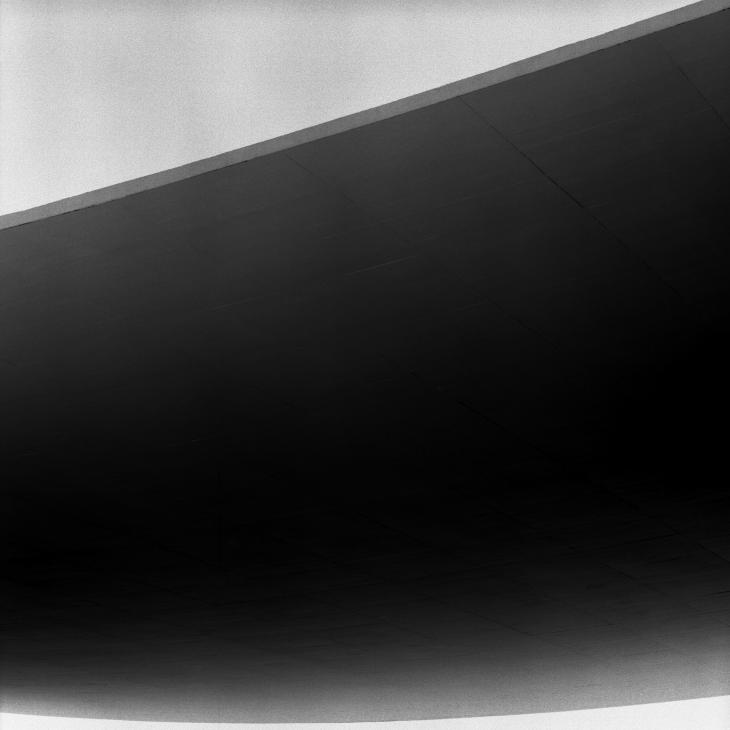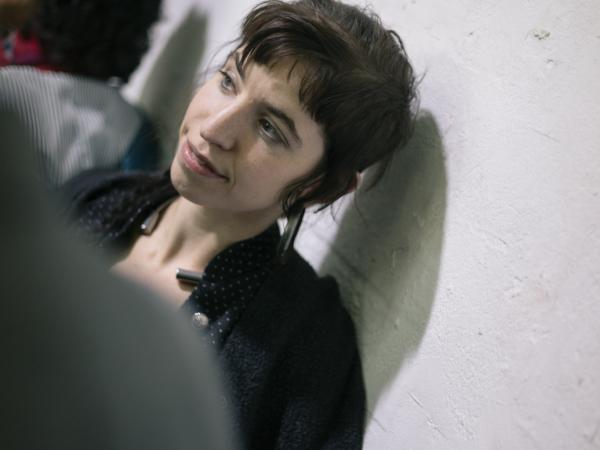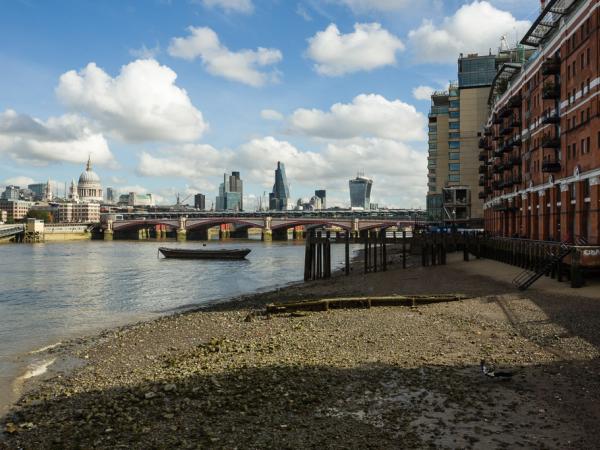

A praise to details
“Why can we remember the tiniest detail that has happened to us, and not remember how many times we have told it to the same person”.
Francis VI, Duke de La Rochefoucauld (1613-1680)
Matteo and...Read all
A praise to details
“Why can we remember the tiniest detail that has happened to us, and not remember how many times we have told it to the same person”.
Francis VI, Duke de La Rochefoucauld (1613-1680)
Matteo and I share two things: we both attended Architecture at University in Milan during the same period and we both decided not to exercise the profession, at least not in the traditional sense. I spent five years at the Polytechnic, searching for an entity which in the post-protest period was considered less than nothing, too terrestrial, lacking any political appeal and intellectual aura: i.e. architectural details.
In the years that followed, I envied anyone who could pencil sketch the most ordinary and common constructive details. They practically possessed an alphabet with which they could write a series of signs they inherited from their fathers. I could only hope these wise men would illuminate me in designing flashings or windowsills. Then I understood the profession was not my way and I could engage another battle: overturning the belief that “Architects can’t write”.
“We think in generalities but we live in detail”
Alfred North Whitehead, English Mathematician and Philosopher (1861 – 1947)
After several years of honoured fight on the field, I reached my own conclusion: more than writing badly, architects don’t want to be understood. They prefer enveloping themselves in a cloak of theories, they hide the fact architecture is designed in thoughts but is built on site, by putting together a sequence of architectural details. These, if well devised, ensure the building a long life.
With a certain amount of courage, Matteo Cirenei dedicates details the right amount of time. He subjects his estimators to a strange crossword puzzle: reconstructing an architectural artwork from a detail which we have seen a thousand times on a photograph but that we would really not recognize, unless aided by the caption. In some cases, he manages giving a second life to architectures which wasted the first one in useless overabundance, as with Santiago Calatrava’s Ciudad de Las Artes y Las Ciencias in Valencia, almost suggesting that if the architect had stopped there, in that detail, he would have returned a better service to himself and his ego.
“Intelligent liars reveal the details, more intelligent ones don’t”.
Anonymous
Matteo Cirenei frames details, he reproduces them in black and white and in this way determines their interruption from the facts of human existence. This makes them immune from the passing of events, from the action of people and the frenzy of the metropolis. They do not, however, exclude the presence of time which, in his work, appears in the real sense of the word: the cycle of seasons passing by. Matteo Cirenei’s details are particles revealing the alternation of day and night, the shadows stretching out and shortening or the transit of a sudden thunderstorm above Milan: they tell of a life we don’t pay attention to anymore.
These buildings, where substance appears as if it was the signature of the project manager (Gio Ponti’s ceramic tiles, Grafton Architects’ wood cladding at Milan’s Bocconi University, the metal filigree of Jean Nouvel’s Institut du Monde Arabe in Paris) are sundials.
text by Laura Bossi
Born in Milan in 1963, Laura Bossi was part of the editorial staff of Domus since 1998 until 2013.
If you aren’t satisfied with this artwork once you've received it, let us know within 10 days, and Celeste Network will refund you the full artwork price.
I will attach with the artwork a printed document which attests to the artwork’s full description, authorial validity and provenance.
acid-resistant tissue paper, bubble wrap, cardboard tube
acid-resistant tissue paper, bubble wrap, cardboard tube
Europa
€ 35
America
€ 65
Africa
€ 135
Asia
€ 115
Oceania
€ 115
Giclée pigmented print on Crane Museo Silver Rag cotton paper, image size 50 x 50 cm. 2/6 of an Edition of 6 + 2 a.p. - 950 €
Shipping
Europa
€ 35
America
€ 65
Africa
€ 135
Asia
€ 115
Oceania
€ 115
News
celeste,






